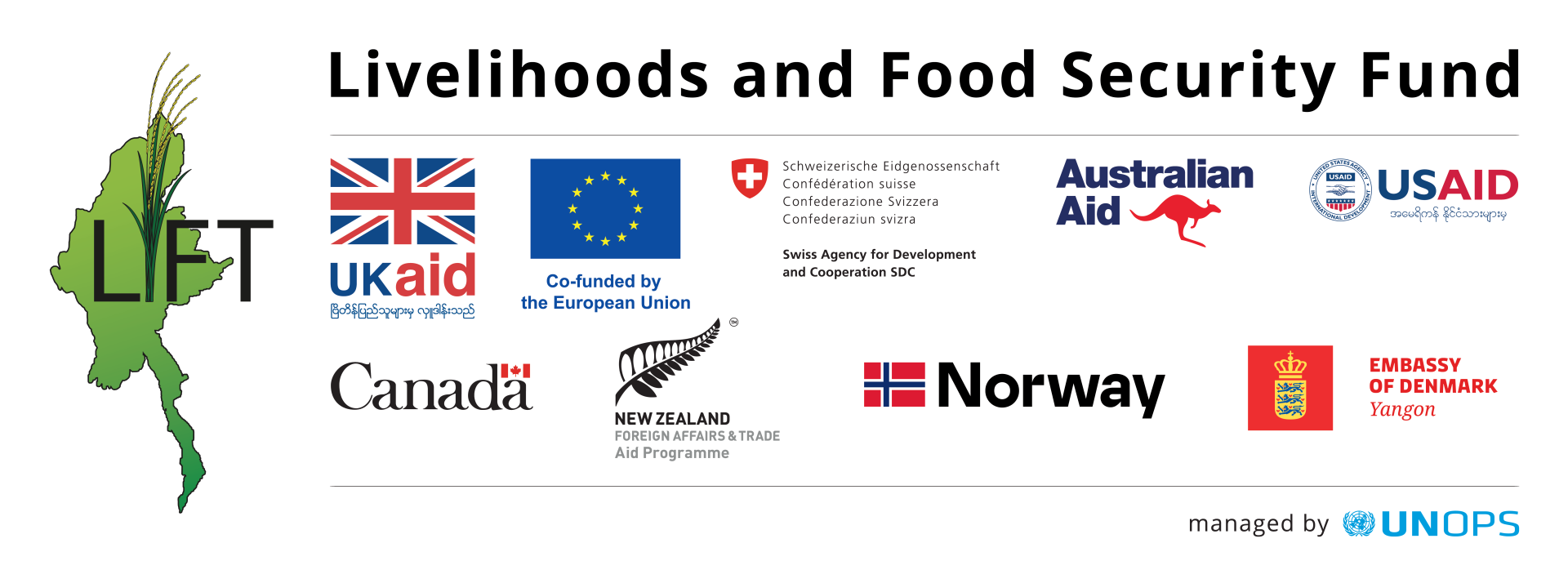The current socioeconomic development approach in Myanmar is heavily dependent on climate-sensitive sectors and regions. This is best exemplified by agriculture. While Myanmar has achieved significant economic growth, the impacts of climate change will undermine development outcomes into the future if these impacts are not managed or addressed. The observed and projected changes in climate include increases in temperature, variations in rainfall and an increased occurrence and severity of extreme weather events such as cyclones, floods, droughts, intense rainfall events and extreme high temperatures. The country is already experiencing a decrease in the duration of the southwest monsoon season due to its late onset and early retreat.
In a country with an agrarian based economy that provides employment to the vast majority of Myanmar people, a disruptor such as climate change will have significant implications on internal and external migration/displacement, pose challenges for food and nutritional security, contribute to political instability, and curtail economic growth. Consequently, investments through LIFT are required to strengthen resilience and maintain rural livelihoods, helping communities to prepare for and recover from immediate weather shocks such as drought and floods, and to adapt to shifting climatic conditions over the medium to longer term. The costs of inaction will only grow as adaptation needs escalate.




